Andrew Marr has been accused of having a “Dundee-centred world view” for claiming there are too many Gaelic signs in Scotland.
The veteran broadcaster said the translations were “offensive” in parts of the country where the language is hardly spoken.
Mr Marr used the example of Haymarket train station in Edinburgh, branding its alternative Gaelic sign “ridiculous”.
He asked: “Why does Haymarket have to have the Gaelic for Haymarket under it?”
Mr Marr added: “The Scots are made up of many different peoples historically.
“Many different groups of people have come to Scotland and they brought different languages and I think we should let languages rest and prosper where they come from.”
His comments during an event at the Labour conference in Liverpool attracted widespread criticism, including from Western Isles MP Torcuil Crichton.
The Labour politician, a Gaelic speaker himself, said: “Andrew Marr is a fellow journalist and highly respected Scot who has just the slight disadvantage of having a Dundee-centred world view.”
Former BBC political editor Mr Marr was born in Glasgow but was raised in Longforgan in the Carse of Gowrie and attended the High School of Dundee.
Mr Crichton pointed out Dundee’s name has a Gaelic origin, and there are plenty of people in the city who are fluent.
An Edinburgh university study published in June stated the language has been present in the capital for more than a thousand years.
The latest census data in Scotland shows more than 1,000 people in Dundee understand Gaelic, even if not all of them necessarily speak it.
More than 600 residents in the city are able to speak, read, and write in the language.
In Whitehills Primary School in nearby Forfar, children in one classroom learn entirely in Gaelic.
An education exclusively in the language is also offered in two Perthshire schools.
The number of Scots who could speak the language as of the latest census had jumped by more than 40,000 compared to 2011.
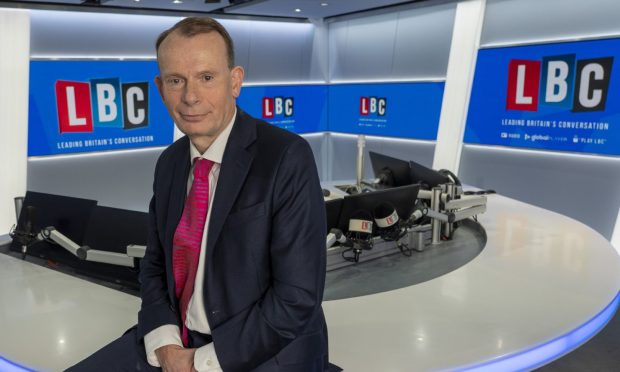
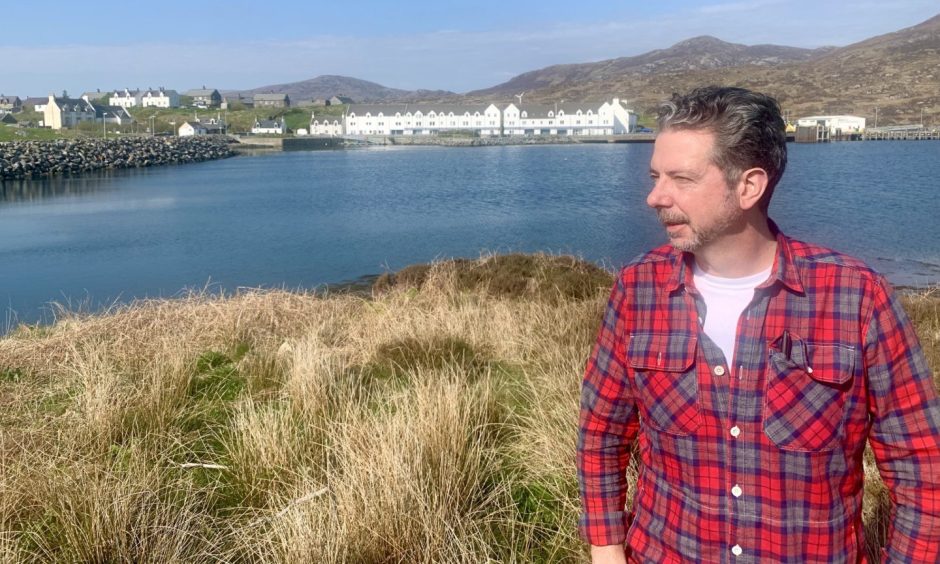
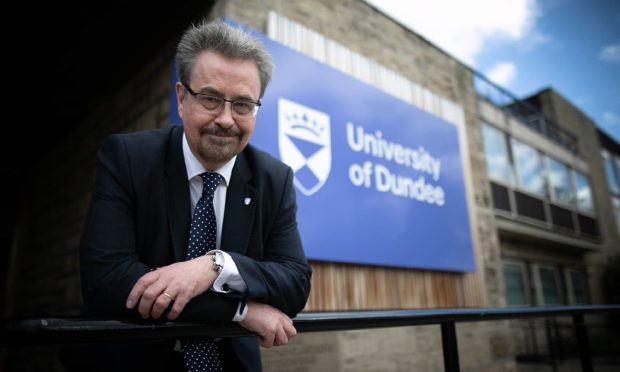



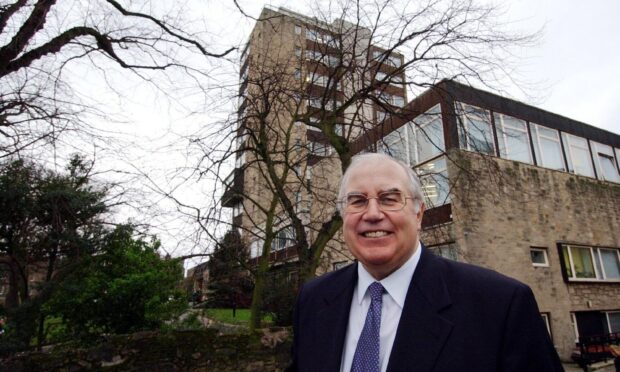
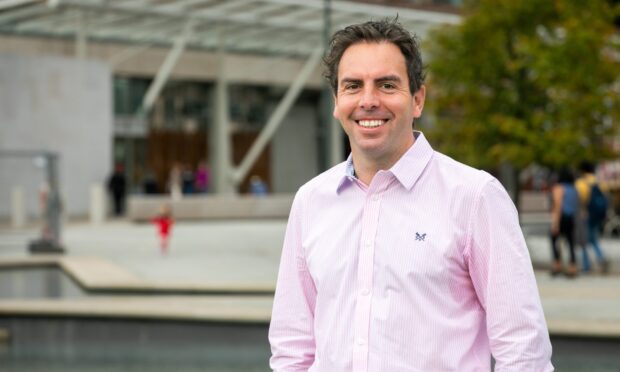
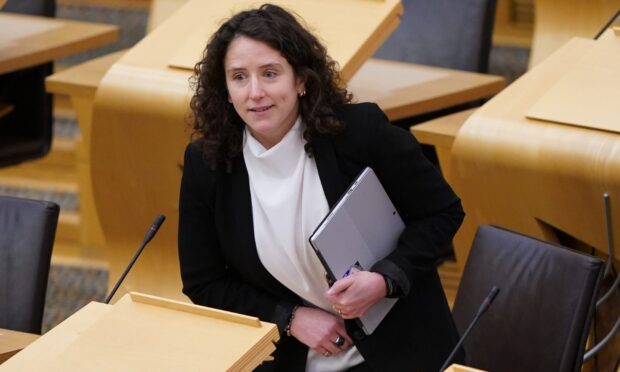
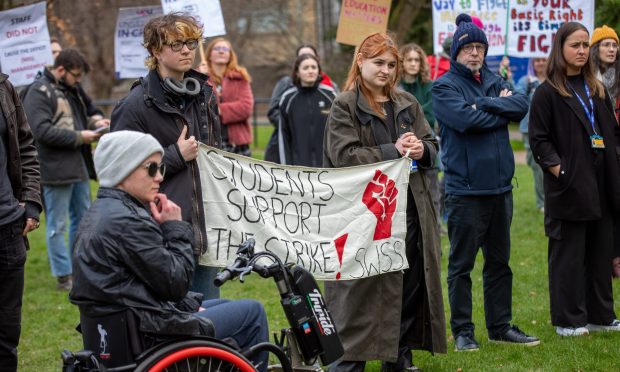
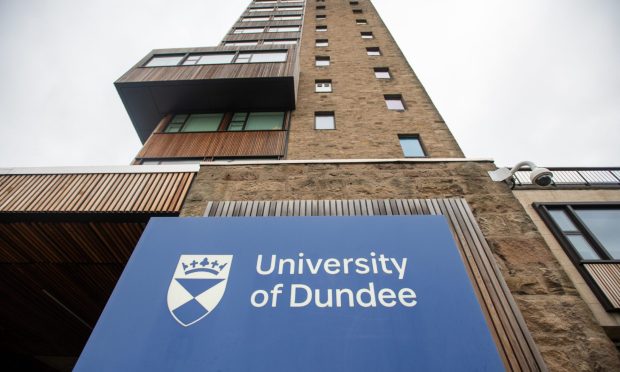
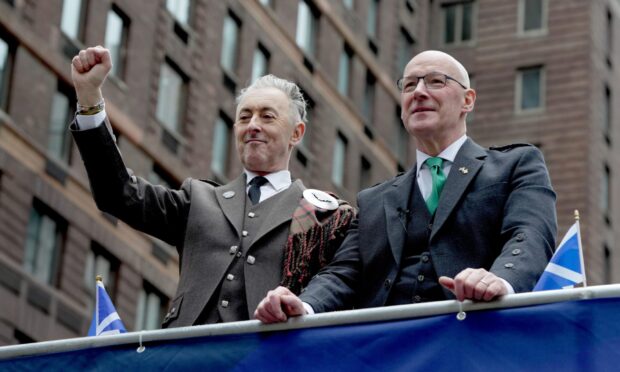
Conversation